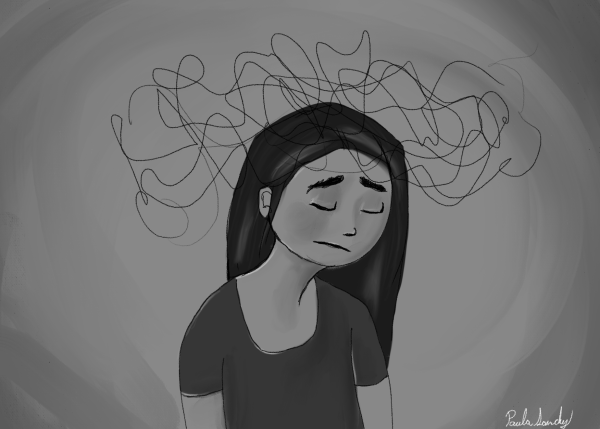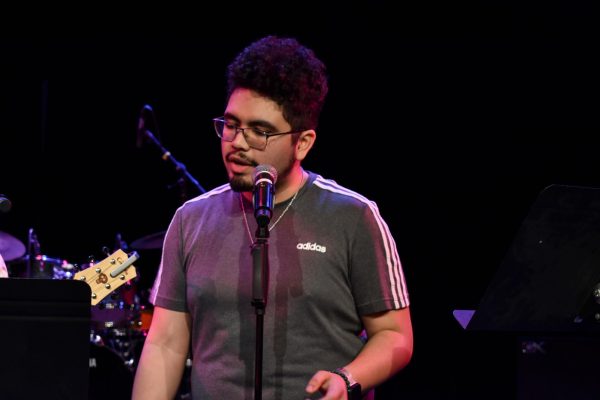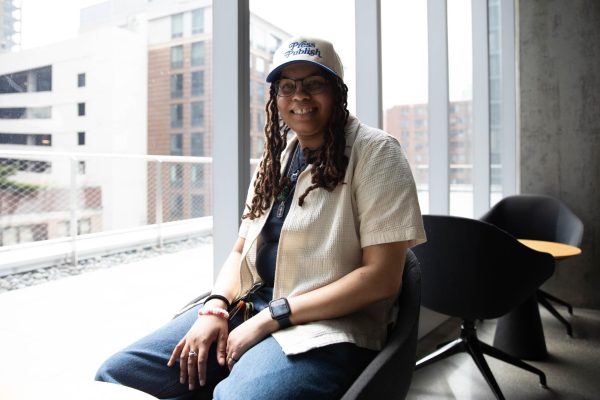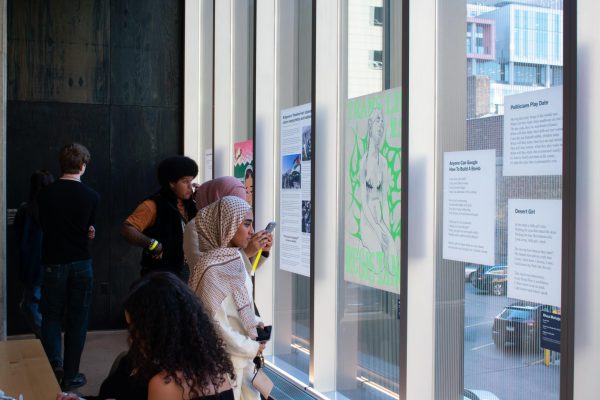The Senior Seminar: Boon or bust?
October 26, 1998
The Chronicle
Editorial
Perhaps the most celebrated achievement in our educational careers is becoming a senior. It gives us proof that there is indeed light at the end of that seemingly never-ending tunnel. It’s a year in which students face reality, ask a lot of questions and develop a sense of urgency. Students can finally begin to taste accomplishment and put their foot in the door of the much anticipated “real world.” More so, it happens to be the most significant piece to a confusing puzzle.
It’s no secret that everyone gets a major case of senioritis from time to time-it’s expected. The ideal senior year would include a relatively light class-load, perhaps an internship and remaining classes for graduation. The only problem is, one of those classes needed for graduation is SENIOR SEMINAR. All students who entered Columbia in or after the Fall 1997 semester, either freshman or transfers, are required to complete Senior Seminar as part of the general education core requirements.
After sitting through the class for what will have been four weeks now, most students exit the room puzzled and still unclear as to the real purpose of this class. So for those who still wonder, here you go: According to the 1997-1999 Columbia College Catalog, “Senior Seminar explores the impact of the college experience on students’ development of the ‘personal voice’ and upon the values determining their life and career choices. Emphasis is placed on critical and creative thinking, self inquiry, and the experience of shared community. The seminar culminates in a senior thesis/project presenting each student’s ‘personal myth’ of the good life, incorporating methods and media of their chosen fields of study.”
As most any senior in college would agree, the single most important thing on his or her mind is putting their education to use professionally. Unfortunately, the current course content for Senior Seminar is really nothing more than a sad Oprah rerun. And it’s not the teachers’ faults; all they can do is follow procedure. Sitting in class, listening to students discuss why certain objects mean so much to them or why things make them feel a certain way is in no way, shape or form preparing students for the real world. Really, it’s a perfect example of wasting time. We all respect and value what our classmates have to say, and granted, we can learn from each other, but what they say is not going to help land us a job in the work force. Somewhere Columbia has a good idea behind Senior Seminar and we need to help them relocate it.
In order to satisfy those students who seek an alternative to “show and tell” and “story time,” the coordinators should consider a second class-one designed with meaning. For example, teaching students interview skills, resume writing and job searching strategies would prove to be far more valuable to a graduating student than the current agenda. After all, it’s only our futures at stake.
If you have any suggestions for or comments on the Senior Seminar, we’d like to hear them. Send e-mail to Chron96@interaccess.com and give us your comments.







